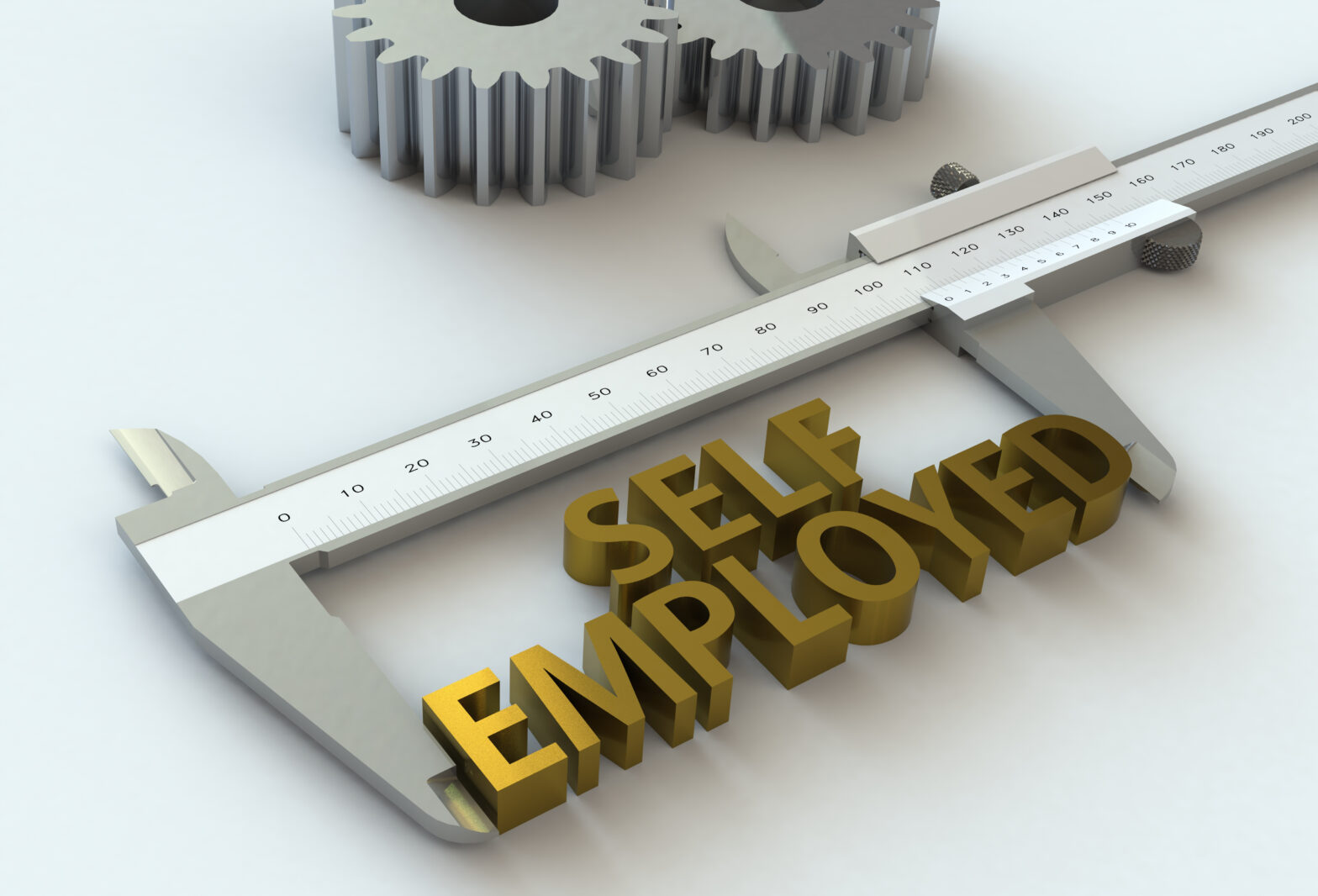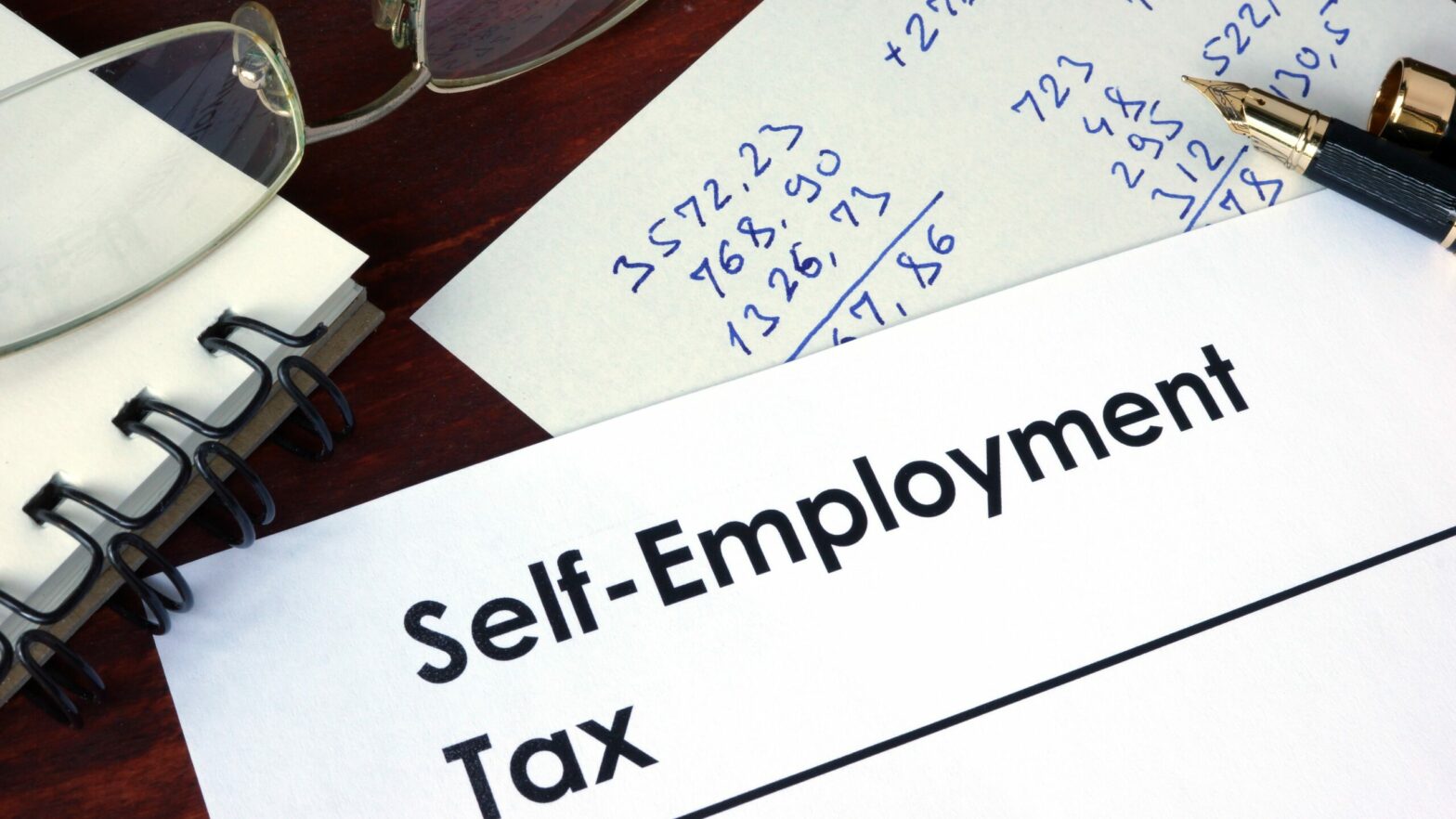Last week’s news that many self-employed people are (relatively) worse off than they were 20 years ago isn’t any great surprise. The soaring figures of those in self-employment over the last five years (around an extra two million, taking us to just under five million) give us some useful clues about what is happening.
For many years, the ratio between employed and self-employed has been pretty stable, and was broadly a reflection of the mindset and ambitions of the workforce. Advances in technology, with the internet leading the charge, started to affect this balance some ten years ago, with some sectors, such as IT consulting, marketing consultancy and various types of design work finding that operating a business from home was, finally, a realistic option, and thus willingly embraced the lifestyle enhancements that come with ditching the daily commute.
This technology enabled growth in self employment numbers, but it was initially fairly modest because it was made up largely of individuals making a positive decision to leverage their professional experience, and who had the sort of personal assets to back the new venture as it built up revenues. Early growth was therefore driven by (often) property and pension owning professionals translating some of their accumulated asset base into a lifestyle, or a conduit to realise further ambition.
All that changed with the recession, however.
A boom in the reluctant self-employed
Post-recession a toxic combination of factors created a boom in the ‘reluctant’ self-employed. The first and most obvious is that, while we didn’t see a tsunami of redundancies five or six years ago, the traditional routes to long-term employment for a younger generation were no longer mopping up huge numbers of new entrants into the job market.
In financial services, you could argue that the blame for this is split equally between a continuous downward pressure on profits and upward pressure on costs brought about by an ever-increasing regulatory burden. Add to that a collapse in banking recruitment and the wholesale axing of bank managers over the age of 50 (who, incidentally, went on to become self-employed consultants), a car industry that suddenly closed its doors to new entrants, and a benefits system that became much harder to abuse, and all that pent-up pressure had to go somewhere.
Those industries that were expanding numbers would normally have offset this, but, let’s be honest here, no government has been able to resist making it more and more expensive to directly employ someone, so in a low-margin cost competitive economy the only answer to the problem of growing your workforce and maintaining profit is to make everyone self-employed.
So, we have a generational shift between the willing (pre-recession) and less often willing (post-recession, post minimum wage, living wage, auto enrolment for pensions, apprenticeship levy etc) self-employed. The first are mainly entrepreneurial and have ambitions, and more importantly assets, to back their choice. The second are forced by circumstance into accepting a status which doesn’t really reflect their real employment circumstances (they can be sacked, for instance, and have to obey the instructions of their ‘employer’) while being denied the advantages that employed status would give them.
In my direct experience some of the artificial constructs businesses will go to in order to insulate themselves from the cost of employing someone are jaw dropping.
I met a (very young) airline pilot not long ago, who flew passenger jets for one of our best known commercial carriers. Unbelievably the airline in question insisted not only that he classed himself as self-employed (in what world?) but also had to go to the obvious artifice of setting up an offshore company to receive his earnings, in order to further protect them. I’m sorry, but this is just ridiculous. While I have some sympathy with hugely-increased employment costs, together with a consumer expectation of ultra-low air fares, resulting in margins needing to be protected, this sort of action is very dubious.
As a result of all of this, the post-recession ‘contracting’ self-employed are being denied some pretty basic stuff. Not just employment rights and protections, the real long-term problem with two million odd people just about surviving is that it’s yet another demographic time bomb. Our pre-recession generation largely had the opportunity to accumulate some assets, some pension and maybe a home. These assets tend to grow over time and become the cushion to enable the start of a new business (where, for instance, the pension can be used to pay for the start up or growth phase) and, crucially, the basis of longer-term financial independence from the state.
Post recessioners have no such luxury. Those that do have a mortgage are probably just surviving because of historically low interest rates, the remainder are unlikely to be generating any income surplus sufficient to enable meaningful contributions to a pension, and without the addition of an employer’s contribution to boost the overall amount, the task of saving sufficiently for one’s retirement based solely on what you can put aside from this week’s Deliveroo earnings is daunting, if not impossible.
The ‘olderpreneurs’ have it easier
When seen from this perspective it’s hard not to conclude that the ‘olderpreneurs’ (50 + business owners) have had the easier ride. Yes, they have worked hard to accumulate the experience and assets necessary to make a success of their business venture, and their success rates compared to the under 30’s absolutely gives testimony to this. The environment in which they built their launch pads was, I would suggest, more benevolent, where twenty or thirty years ago pensions were almost always supported by your employer, access to the housing ladder was easier, and employment taxes lower.
So, the worry is that we are not actually experiencing a sudden entrepreneurial explosion, but for lots of people, self-employed is the only option. This self-employment comes with no real freedom or possible upside of business success. That just doesn’t happen when you’re delivering pizzas and your income is limited by the number of hours in a day. Freedom, or indentured slavery?
Do I have any answers? Suggestions maybe. Firstly, stop making it so ridiculously expensive to employ people. What you lose in employers NI you will gain back twofold in PAYE. Second, dial back on regulation across most sectors, but particularly financial services. It has cost hundreds of thousands of jobs for very little gain. There are better ways to ensure good consumer outcomes. Third, re-define self-employment. HMRC has a definition, but this seems to be roundly ignored by many businesses. I’m saying, here and now, if you have only one source of income, or its your major source, and you must follow the instructions of a superior, and you can get fired, you are employed.
I would also devise a series of real tax incentives for businesses and their shareholders that promoted a culture of high quality employment, encouraged staff savings and led individuals on a path that might allow for real, genuinely elective self-employment at a later point, preferably when they could choose, plan, and deploy their assets to help them succeed, not when their only options are self-employment or starvation.





